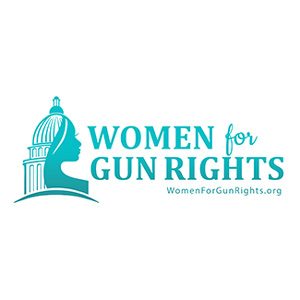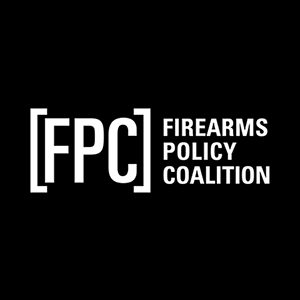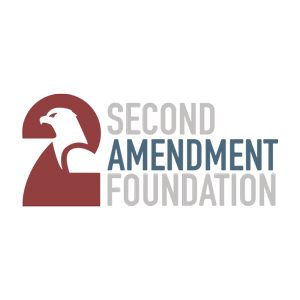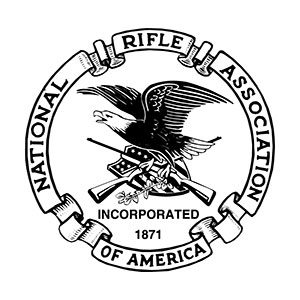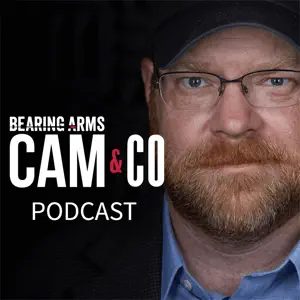
No other Constitutional right has been as maligned, curtailed, and infringed as the rights expressed in the Second Amendment, as evidenced by another court decision this week – this time out of Washington, D.C. – prohibiting young adults from accessing that right.
On Thursday, September 4, the District of Columbia Court of Appeals issued a 27-page decision in the case of Picon v. United States, which concluded that “…the District’s age-based firearm registration and licensing statutes are constitutional because they are consistent with our nation’s historical tradition of firearm regulation.”
Chief Judge Blackburne-Rigsby, Associate Judge Shanker, and Senior Judge Epstein issued the decision.
The story unfolds like this:
Emanuel Leyton shot an individual outside of a District of Columbia nightclub in July 2021. He ditched the gun and was later arrested by police, matching a description provided by a witness. At the time, he told the police he wasn’t the shooter. Police found the ditched pistol and a shell casing, along with DNA matching that of Mr. Leyton. In court, he reversed his testimony and said he fired in self-defense.
At the time, Mr. Leyton was under 21, had no permit for the firearm, and had no criminal history. He was charged with:
- one count each of aggravated assault while armed,
- assault with a dangerous weapon,
- assault with significant bodily injury while armed,
- carrying a pistol without a license,
- possession of an unregistered firearm,
- unlawful possession of ammunition,
- three counts of possession of a firearm during a crime of violence
Mr. Leyton appealed, claiming the age-based restriction was unconstitutional and that the government was essentially hostile to his argument of self-defense. The court makes much ado about viewing the charges in two distinct categories, claiming, “We consider each argument in turn,” and yet it seems clear that they were unable to make such a distinction. “Unpersuaded, we affirm Mr. Leyton’s convictions.”
The court begins its explanation with reference to Bruen, Heller, and Rahimi, but only as what seems to be a cursory and necessary reference. It then introduces an unusual phrase we’ve started to see surfacing in some of these types of decisions:
We assume without deciding that eighteen-to-twenty-one-year-olds with no criminal history are part of ‘the people’ that the Second Amendment protects.
How does it pivot off this assumption to finding that constitutional rights can be curtailed by age?
First, it cites to NRA v. Bondi, a case on a similar matter with a decidedly unconstitutional outcome that the NRA is appealing to the Supreme Court. Then it refers to a case out of the Fourth Circuit, McCoy v. ATF, that likewise rendered a decision on banning handgun ownership for young adults. The decision also mentions a third, similar case, Rocky Mountain Gun Owners v. Polis.
Citing almost entirely from these three flawed decisions, the court provides very little original analysis and concludes:
For the same reasons, we see no Constitutional infirmities with the District’s age-based firearm registration and licensing statutes. History reveals a regulatory tradition of restricting access to firearms based on age for those considered to lack the judgment and discretion to use them safely.
Even worse, they employ the reasoning that just because we couldn’t locate the analogies, it doesn’t mean they didn’t exist, writing absurdly:
While age-based firearm statutes became more common during the nineteenth century, the absence of Founding-era firearm-specific statutes is not dispositive.
The court adds the “maturity” argument, nowhere to be found in the text of the Second Amendment, nor attributed to any other enumerated right:
With respect to the “why,” the District’s regulations address the same problems as historical age-based restrictions on firearm access: preventing those deemed to lack reason, maturity, and judgment from obtaining firearms.
Putting aside, for a moment, the fact that the defendant admittedly lied in his testimony, the findings of the court are almost unbelievable. No other constitutional right has a history of being curtailed for young adults. In fact, we would collectively shudder as a society at the thought of restricting free speech or voting based on arbitrary age limitations (there’s even a movement to lower the voting age to under 18 years of age).
The case has been reversed and remanded to the lower court for resentencing.






